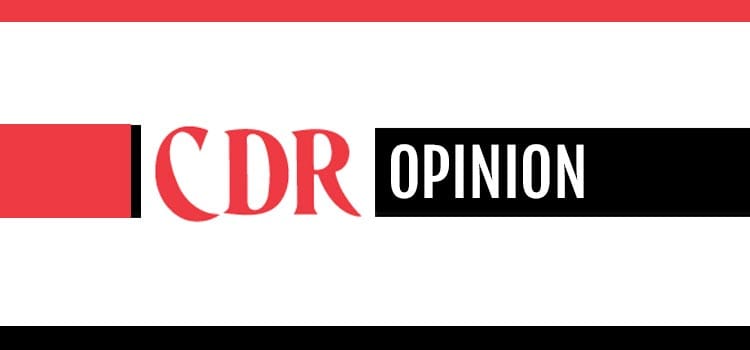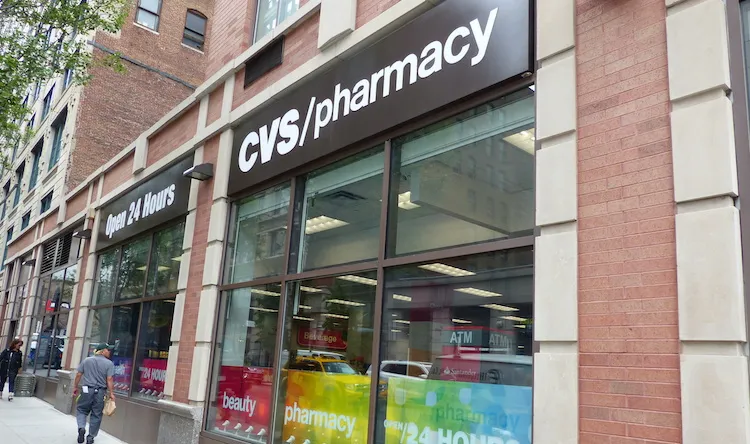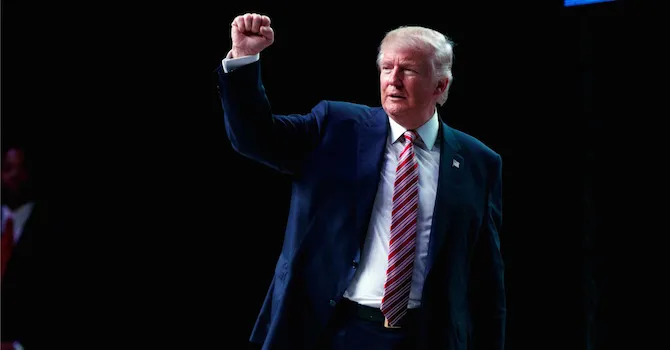Fast Company, one of the more appealing and relevant business publications to have come along in recent years, recently compiled a list of the world’s 50 most innovative companies. Several familiar names were included, perhaps most notably to retail students, CVS Health.

Not surprisingly, Fast Company presented a strong case for CVS’ inclusion, but it really boiled down to the company’s emerging role as a one-stop health care provider and, more specifically, for its attempt to redefine retail health care. As CVS CEO Larry Merlo put it: “About half of our patients come on nights and weekends. About half of our patients don’t have a primary care physician.” One reason, concludes the publication, that the retailer is attempting to remake itself into a storefront health care provider.
To support its position, Fast Company cites several CVS innovations, most notably the retailer’s decision, taken a year ago, to stop selling tobacco products. Quoting Merlo again, the publication maintains that he viewed the retailer’s commitment to tobacco products as “a barrier to our long-term growth,” while concluding that the decision to drop tobacco “refreshed CVS’ reputation overnight.”
CVS’ MinuteClinic walk-in, immediate-care facilities were commended for offering patients “quick and inexpensive access to health care professionals,” with the magazine noting as well that the retailer’s 1,100 clinics put a clinic within 10 miles of about half of the U.S. population.
CVS’ program, launched in October, to offer optical and hearing exams, though currently available at only a dozen CVS stores, was praised as yet another example of the retailer’s willingness to expand its range of health care services.
As well, the retailer was cited for a remodeling program that has added healthier food alternatives at nearly 500 locations, while rolling out its Gold Emblem Abound line of nutritionally enhanced snacks. How does Merlo justify the program? “Customers often ask us to educate them on what might be healthier.”
Finally, Fast Company applauds CVS for a partnership program with IBM, announced last July, in which the two companies intend to leverage the Watson computer to chart customer behavioral patterns and eventually raise red flags when, for example, patients are not properly adhering to their prescription drug regimens or other health care warnings present themselves.
It would be easy for readers not involved in the health care business to overlook CVS’ commitment to retail health care. Readers are understandably more familiar with other companies on the list — Starbucks, Nike, Nokia, Marriott, Toyota or Bristol-Myers Squibb, to name a few. Moreover, retailers are not mentioned in a dominant way, though Target and Amazon also come in for praise. But the uniqueness and commitment at CVS to transform a drug chain into a viable and essential provider of retail health care cannot be ignored, at least not by Fast Company.
To the publication’s credit, its editors were not satisfied merely to note CVS’ efforts. They sought out Merlo, interviewed him and reproduced some of his timelier and pithier comments. Clearly, CVS and its chief executive are committed to the goal of transforming the drug chain into a retail health care facility, a place patients can easily utilize to improve and maintain health, while continuing to shop the drug chain for basic health and beauty merchandise. It’s no secret, for example, that CVS’ decision to stop selling tobacco products was initially met with more than a degree of skepticism. Yet the drug chain has made that decision work — by the simple expedient of sticking with it in the face of initial derision.
It should also be noted that Fast Company enjoys no special relationship with CVS, no buyer-seller relationship. Nor is the drug chain an advertiser in Fast Company, nor is there any logical reason to believe that it will be, going forward. This was simply a recognition by an innovative publication of the efforts of an innovative retailer to recast itself to become more relevant to its customer-patient clientele. Viewed that way, the plaudits here must be reserved for the publication. The retailer, on the other hand, was merely doing what retailers are supposed to do — serve its customers by more acutely addressing their needs.







